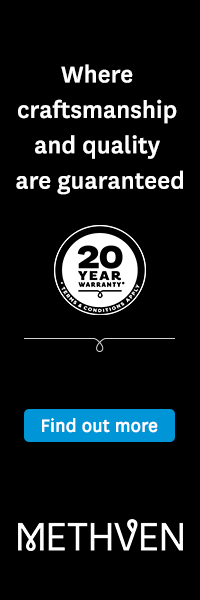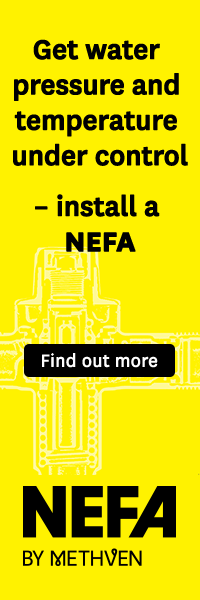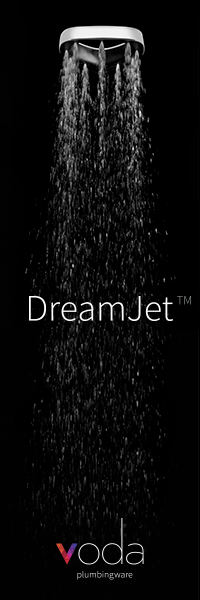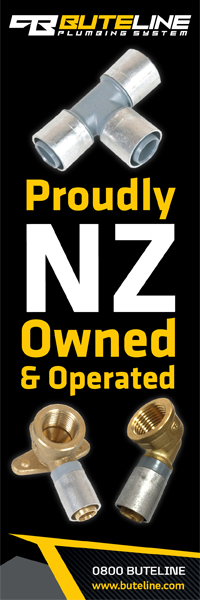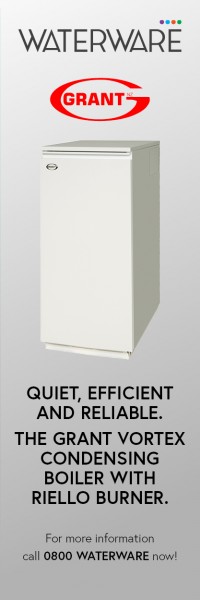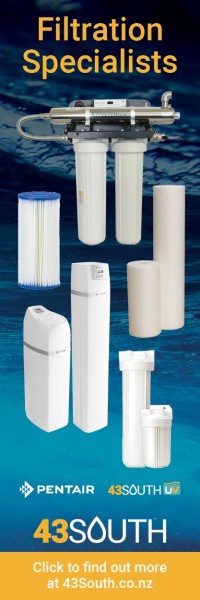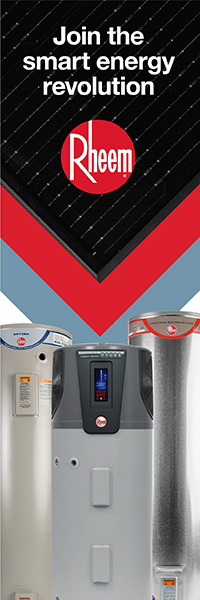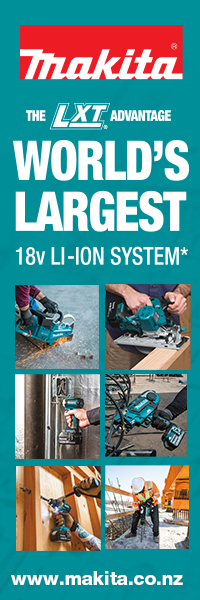Carbon-neutral gas futures positive for gas apprentices
1 December 2021
Confidence in gasfitting as a career continues to grow as New Zealand’s gas industry looks to a renewable future, with the number of apprentices choosing to train in the gas trade increasing by five per cent between 2020 and 2021.
The country’s leading plumbing, gasfitting and drainlaying apprenticeship provider, Master Plumbers, is actively educating and providing professional development for its members and trainees about renewable gases such as hydrogen and how they will transition into use. This follows the Climate Change Commission’s recent and final recommendation to decarbonise New Zealand’s economy to meet the country’s 2050 climate change commitments.
Greg Wallace, Master Plumbers CEO, says renewable gases will still need qualified gasfitters, and the organisation strongly believes carbon-neutral gas fuels will be a strategically important part of New Zealand’s energy resources in the future.
"We are confident that carbon-neutral gas will provide a viable alternative. Research and development for carbon-neutral gas alternatives is accelerating worldwide, and existing outcomes already point firmly to a sustainable future for the gas industry.
"New Zealand is going to have gas well into the future, and although the type of gas may change slightly, it’s important to be able to have the appropriate training around the servicing of existing supply and to develop the industry further.
"It’s encouraging we’re seeing the number of apprentices choosing gasfitting as a trade continuing to grow, but we also need to ensure industry training evolves to meet the Climate Change Commission’s recommendations, with Government support," he says.
Janet Carson, Chief Executive of the Gas and LPG associations of New Zealand, says New Zealand’s gas pipe network is compatible with future gases, which should give confidence to those considering gasfitting.
"Testing shows most modern appliances are compatible with blends of low carbon renewable gases and can currently take up to a 20% hydrogen gas blend with natural gas. Blending gases, and renewable LPG (which is chemically identical to LPG), will be an important part of our gas supply in the future.
"With the right policy settings in place, the industry can start to introduce low emissions alternatives by 2025 and scale up significantly by the end of the decade," she says.
Wallace says there are several pathways to the gasfitting trade, with most apprentices training in a qualification pathway that combines plumbing, gasfitting and drainlaying (PGD).
 "Overall, PGD apprenticeships have seen record growth. There’s been a 60 per cent increase in the number of apprentices beginning their PGD training from 2020 to 2021, alongside gasfitting-only apprentice numbers growing by 5 per cent. We look forward to working with the Government and the wider sector to ensure we have a steady stream of future-ready apprentices coming through the training system as we move toward a carbon-neutral future," he says.
"Overall, PGD apprenticeships have seen record growth. There’s been a 60 per cent increase in the number of apprentices beginning their PGD training from 2020 to 2021, alongside gasfitting-only apprentice numbers growing by 5 per cent. We look forward to working with the Government and the wider sector to ensure we have a steady stream of future-ready apprentices coming through the training system as we move toward a carbon-neutral future," he says.
Master Plumbers runs Masterlink, New Zealand’s only national, mentored apprenticeship programme specialising in plumbing, gasfitting and drainlaying (PGD). Master Plumbers, through Masterlink, has a 10-year plan in place to create New Zealand’s only training facility specialising in gasfitting, to provide end-to-end value throughout the education pathways for gasfitters.

